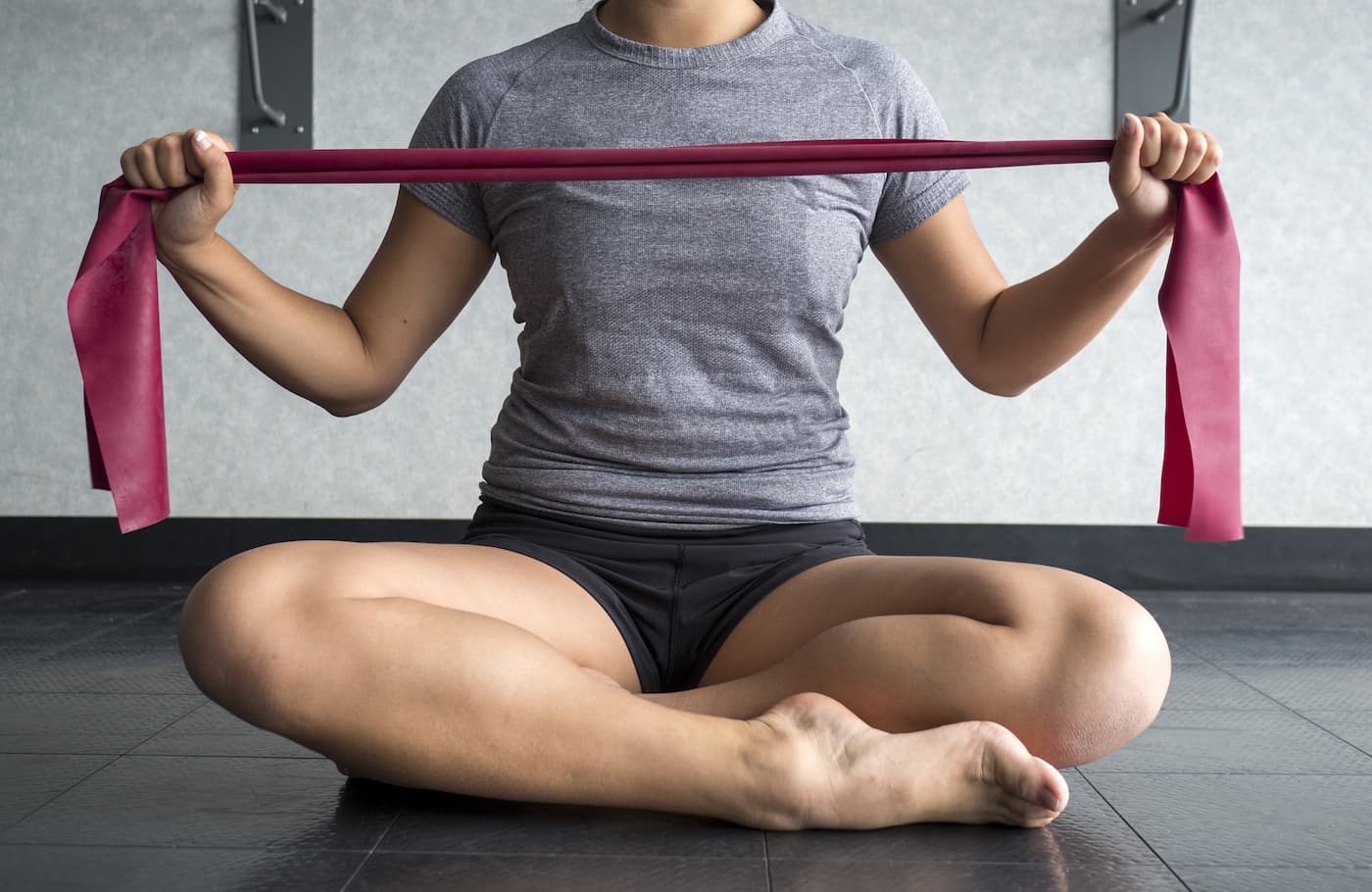Most of us know that as you get older, you naturally lose strength and muscle in your legs.
The medical term for this process is ‘sarcopenia’, and it can affect both inactive people and those who remain physically active throughout their lives as they age – although a sedentary lifestyle can accelerate it.
The term translates from the Greek term for ‘vanishing flesh’, and studies have shown that physically inactive people can lose as much as 3-5% of their muscle mass each decade after age 30.
Now, researchers are saying that muscle wastage in old age isn’t just down to lack of activity – it could be a result of a loss of nerves too.
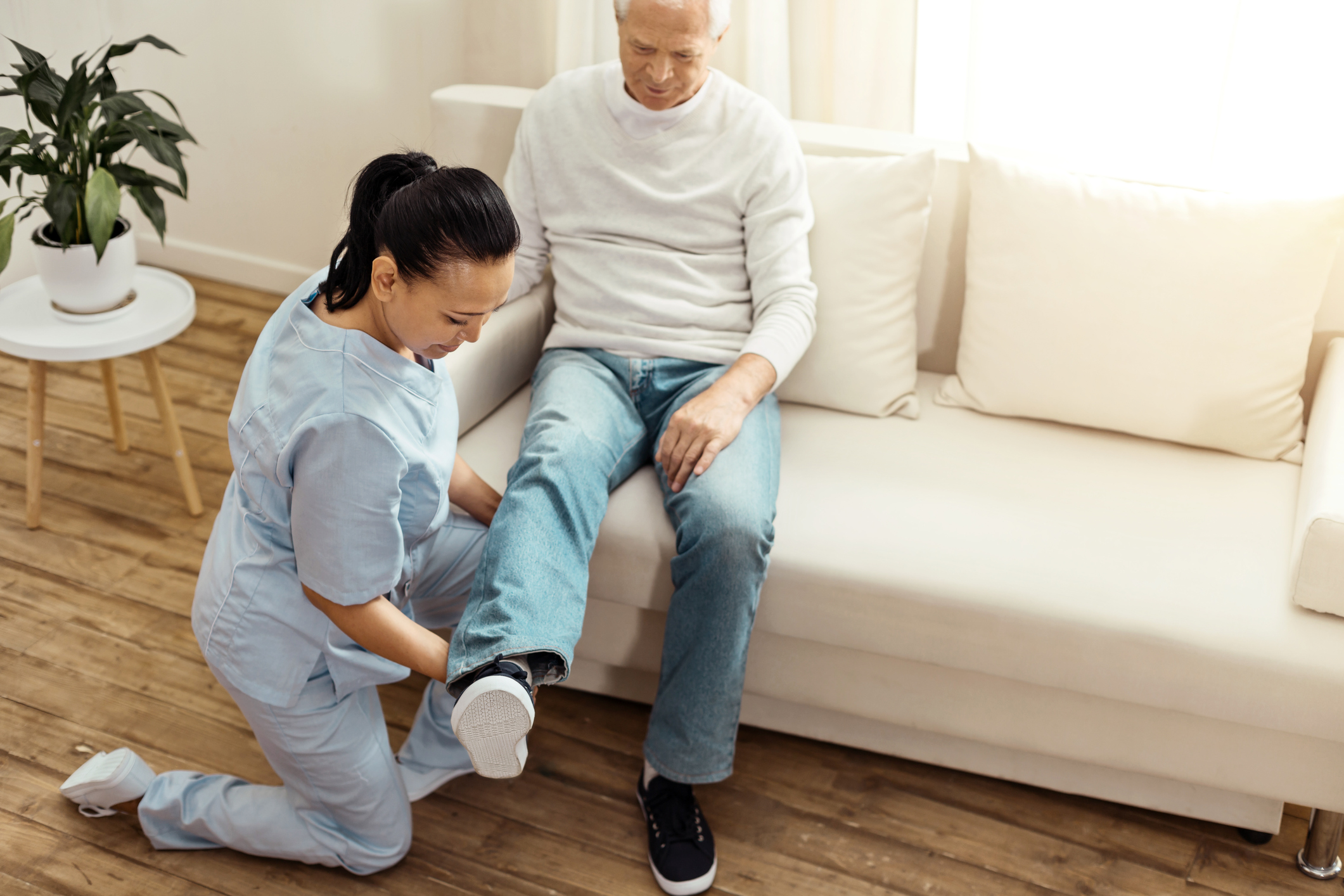
Research published in the Journal of Physiology found that nerves controlling the legs decreased by around 30% by the age of 75. Scientists observed that a loss of nerve signals made muscles waste away, but in older athletes there was a better chance of them being ‘rescued’, by nerves branching out and reconnecting. The researchers concluded that this recovery process is more likely to happen in fit people with large, healthy muscles.
So what moves can you do on a daily basis to help prevent muscle loss in the legs later in life? Here are three at-home exercises you can try…
1. Active leg lifts
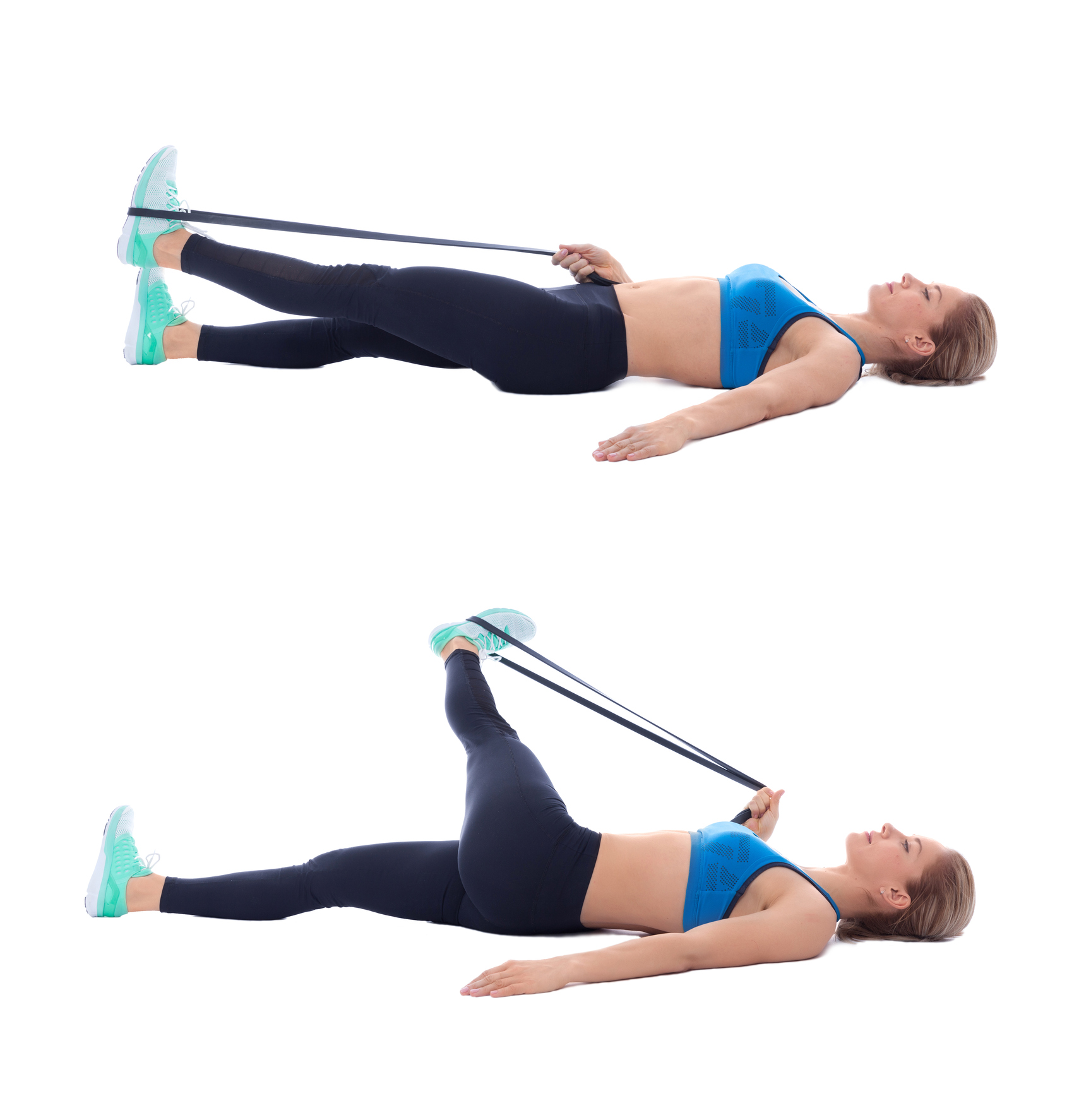
Lie down on a mat with your legs straight and put a resistance band around your right foot. Rise your right leg so it is 10 inches off the bed. Hold it in the air for a few seconds, move your leg out to the right side, then bring it back to resting in the middle. Repeat five times on each leg.
2. Resistance band squat
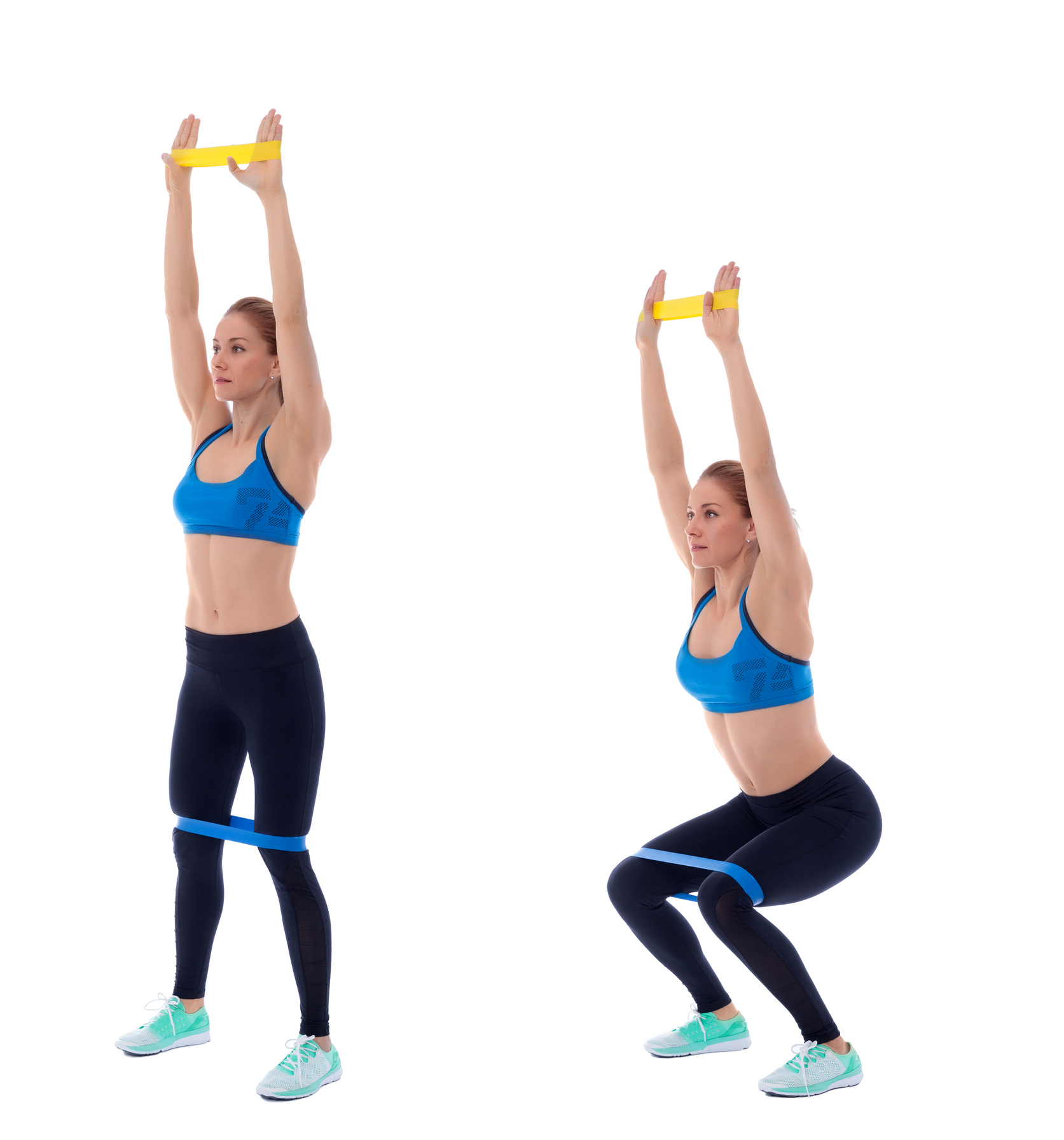
Place a resistance band around both legs, right above the knee. Stand up straight with feet at shoulder-width apart, and keep your back straight and your head facing forwards. Squat down until your bum is parallel to your calves. Slowly raise your body to starting position. Repeat 10 times.
3. Leg abduction
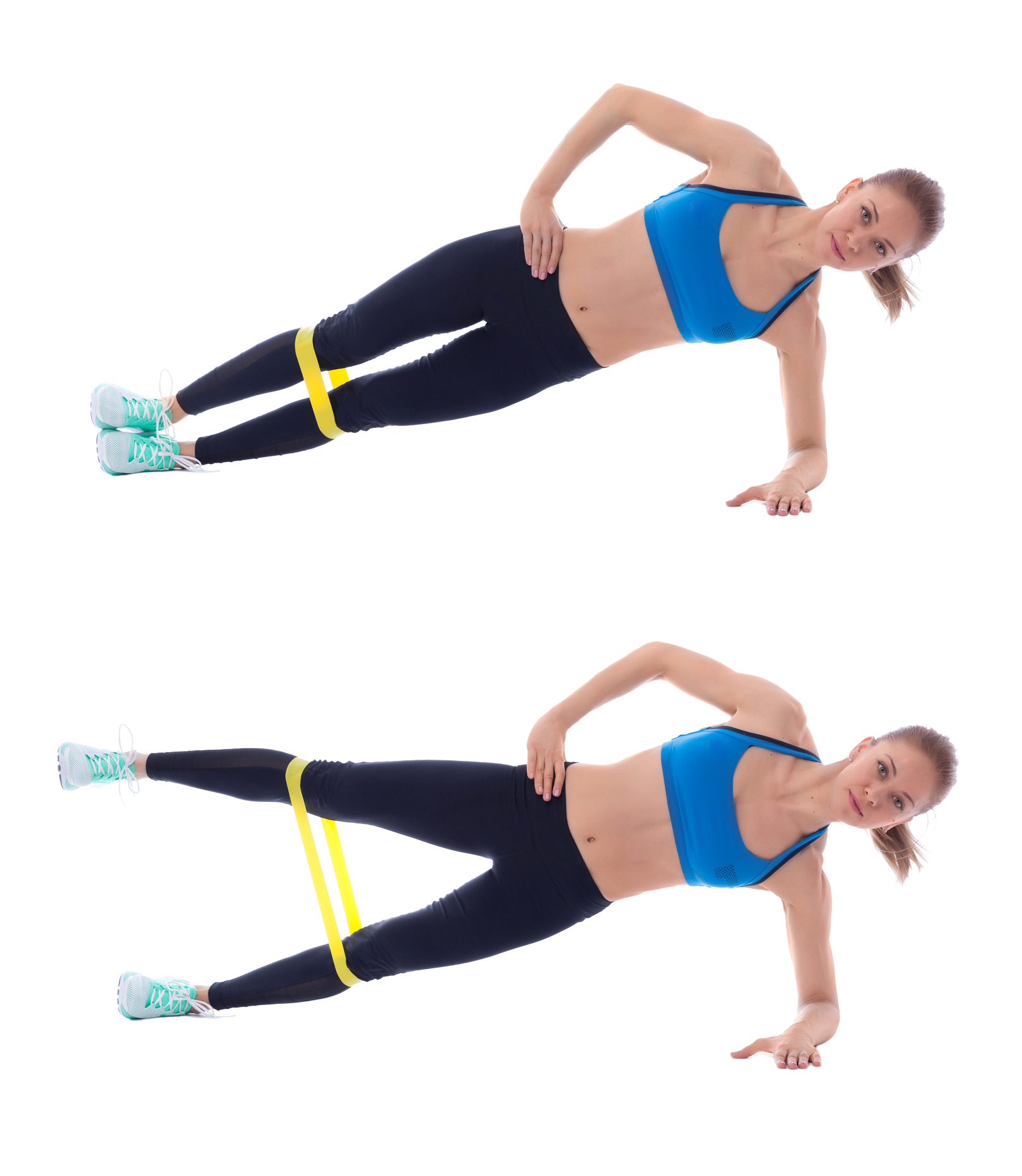
Attach a resistance band around both ankles. Lie on the floor on your side, and then push upwards into a side-plank position, keeping your legs straight and using your arm and hands for support.
Raise your top leg up until your foot is at shoulder height and then slowly lower your leg to starting position. Repeat 10 times.
Consult a physio or doctor
If you’re already suffering from sarcopenia, or any other pre-existing health condition or injury, it’s important to consult your GP or physiotherapist before attempting any new exercises.
Your GP may refer you for physiotherapy to help devise an exercise program tailored specifically for you.
Working out in water, and simply going for gentle walks, can also help maintain mobility and muscle strength in later life, without placing too much pressure on joints.
